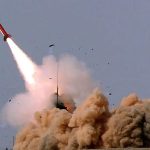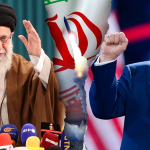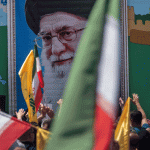Member states of the European Union have committed to funding Ukraine through 2027, but they have temporarily abandoned plans to leverage frozen Russian assets into a war loan.
The European Council affirmed its intention to inject funds into Ukraine’s military and defense budget in early 2026, but the $163 billion loan intended to be financed by Russian accounts held in European financial institutions was scrapped — at least until December.
“The European Council commits to address Ukraine’s pressing financial needs for 2026-2027, including for its military and defense efforts,” the body said in a statement at the conclusion of their conference. “The European Council invites the Commission to present, as soon as possible, options for financial support based on an assessment of Ukraine’s financing needs.”

“Russia’s assets should remain immobilized until Russia ceases its war of aggression against Ukraine and compensates it for the damage caused by its war,” the statement clarified.
This is a significant alteration from previous drafts that would have called on the European Commission to “present as soon as possible, based on an assessment of Ukraine’s financing needs, concrete proposals involving the possible gradual use of the cash balances associated with the immobilized Russian assets, in accordance with EU and international law.”
Under the proposed “reparations loan” scheme, European nations liquidate Russian funds held within their borders, transform them into massive loans for the Ukrainian military, and allow Kyiv to post hypothetical war reparations as collateral.
This arrangement would keep the money in Russian ownership while forcing the Kremlin to either pay reparations to free up the cash postwar or “default” on the loans entirely.
The bulk of the Russian funds intended to be used are held by the Belgium-based financial institution Euroclear, and the Belgian government is afraid that this legally questionable scheme could come back to haunt it.
Belgian Prime Minister Bart De Wever voiced skepticism over the plan unless other EU states met several requests to ensure “full mutualization of the risk.” These requests included the use of Russian funds held in financial institutions outside Belgium, shared responsibility for possible international court cases on the use of the funds, and shared responsibility for repayment of the loans if necessary.
“If you take the money and the market sees that there is no liquidity solution for when it goes wrong, you’re immediately in trouble,” De Wever said.
The Kremlin has threatened to take action against the EU if the supranational organization follows through with its reparations loan.
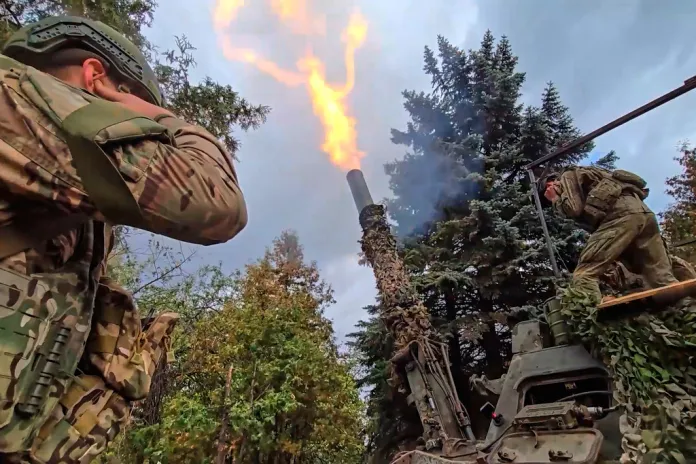
Russian National Security Council Deputy Chairman Dmitri Medvedev has threatened to take retaliatory action against “European degenerates from Brussels” through “all possible international and national courts” and “in some cases, even out of court.”
Meanwhile, Russia is being hit with economic penalties from the United States following Russian President Vladimir Putin’s latest false start in peace talks.
President Donald Trump rolled out sanctions on two of Russia’s largest oil producers — Rosneft and Lukoil — on Wednesday in a bid to “degrade the Kremlin’s ability to raise revenue for its war machine and support its weakened economy.”
“Given President Putin’s refusal to end this senseless war, Treasury is sanctioning Russia’s two largest oil companies that fund the Kremlin’s war machine,” Treasury Secretary Scott Bessent said.
Trump made sure to clarify that the sanctions were a result of his frustration with Putin.
“Every time I speak with Vladimir, I have good conversations, and then they don’t go anywhere,” Trump lamented on Wednesday as he rolled out his “tremendous sanctions” on the Kremlin.
Putin acknowledged the penalties as an “unfriendly act” that “does not strengthen Russia-U.S. relations, which have only just begun to recover.” However, the Russian leader has tried to downplay the impact of the sanctions.
RUSSIA CALLS NEW US SANCTIONS ‘ENTIRELY COUNTERPRODUCTIVE’ AS UKRAINE CELEBRATES DECISION
“[Sanctions] are serious for us, of course, that is clear. And they will have certain consequences, but they will not significantly impact our economic well-being,” Putin said on Thursday.
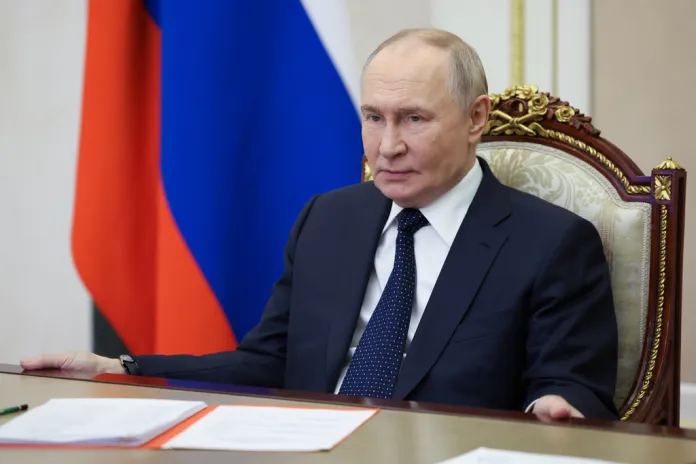
“The new U.S. sanctions are an attempt to put pressure on Russia,” Putin told reporters. “No self-respecting country ever does anything under pressure. Russia is a self-respecting country.”


